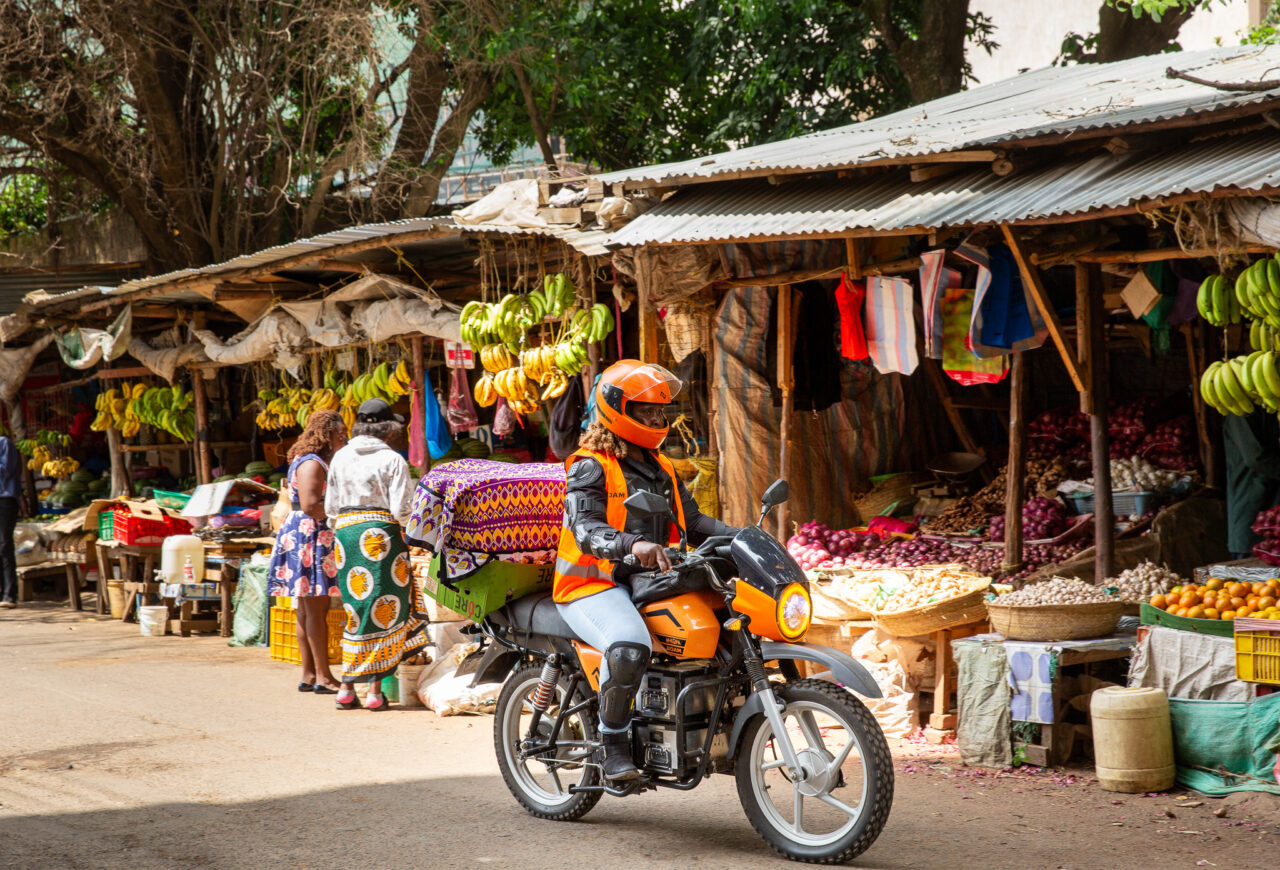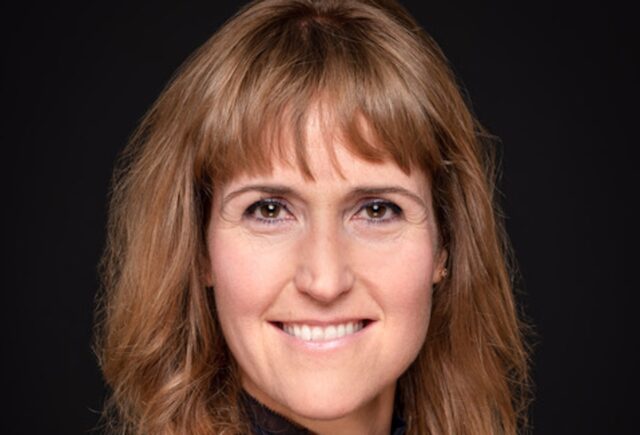The fund, backed by development finance institutions and foundations, supports a new wave of tech-savvy entrepreneurs seeking to build sustainable businesses tackling climate impacts on the continent.

Equator, a venture capital firm that focuses on climate tech investments in sub-Saharan Africa, has reached its target of a $55m (€50m) final close for its first fund, adding commitments from the International Finance Corporation (IFC) and France’s Proparco in recent months.
The fund achieved a first close of $40m in 2023. Investors at that stage included British International Investment, the Global Energy Alliance for People and Planet (GEAPP), and the Shell Foundation, as well as DOEN Participaties, the social investment arm of the Doen Foundation, which is financed by the Dutch postcode lottery.
The fund backs technology-driven seed and series A companies in the energy, agriculture and mobility sectors, providing capital and support that would otherwise be hard to come by in a region exposed to the worst impacts of climate change. Equator has offices in London, Nairobi and Lagos, as well as Colorado where it works closely with sister organisation Factor E, which collaborates on deal sourcing, due diligence, and scaling up portfolio companies.
Nijhad Jamal, managing partner at Equator, told impact Investor that climate tech has become a much more investable asset class over the last 10-15 years, as investors and governments focus on the need to address climate change. However he said increased funding for early stage ventures in Africa is badly needed, given the current challenging fundraising environment in Africa, where the brunt of climate change impacts is being felt.
The continent received only 0.6% of the world’s global equity funding in 2024, the lowest level since 2020, according to Africa: The Big Deal, a database firm. Only a third of that figure was classified as climate tech.
Jamal said tough global economic conditions have made the fund-raising environment more difficult in the last two years, a trend exacerbated by recent aid cuts announced by key donor countries such as the US and UK. However, he believes there are good reasons to be positive about investing in the continent’s climate tech sector.
“There is innovation, there’s excitement, there are interesting tailwinds that are creating opportunities for the companies that we’re working with,” he said.
Sharply falling costs and improved efficiency of solar energy infrastructure, batteries and computer processing, plus the increased scope of artificial intelligence had made the sector more attractive. A new generation of tech-savvy young entrepreneurs and consumers in Africa were also driving climate tech, he said.
Proactive approach
The IFC’s $5m investment in the Equator fund, announced in October 2024, was supported by a $1.5m guarantee from South Korea’s Green Resilient and Innovative Development (GRID) programme. GRID is a $30m Korean government initiative to support emissions reductions and climate mitigation. It was the first investment made by IFC in a venture capital fund entirely focused on supporting businesses and innovation in the climate sector.
Farid Fezoua, IFC’s global director for disruptive technologies, services, and funds, said Equator is one of the few early-stage funds focused on green solutions in sub-Saharan Africa and that its ability to deliver significant impact at the nexus of energy, agriculture and mobility make it a “compelling bet” for the development insititution.
“Equator helps address a funding gap between pre-seed and growth capital – a gap that’s especially acute for seed and series A startups in Africa,” he told Impact Investor.
The fund manager’s strength in assisting portfolio companies with regional expansion and growth, fundraising and technical assistance was another factor behind IFC support.
“Equator takes a proactive approach with portfolio companies,” he said. “We see that as a key driver of sustainable ecosystem building with high development impact”
French development finance institution Proparco made its $5m investment through the FISEA+ facility established by the Agence Française de Développement group in 2021 to invest in high-impact funds that, among other goals, supports startups specialising in digital innovation and the development of a sustainable private sector in fragile countries.
Jamal said Equator intended to make around 15-18 investments from the fund in total.
New investments since the first close include Downforce Technologies, a digital measurement, reporting and verification startup focused on soil organic carbon measurement and prediction. Downforce’s chief product officer Geoff Horrell explained to Impact Investor in June 2024 how its technology helped companies improve regenerative farming practices and biodiversity programmes.
Other recent Equator investments include Ibisa, whose solutions allow fast insurance payouts for businesses and smallholder farmers experiencing climate impacts; Leta, a logistics company using technology to optimize the movement of goods to reduce costs and minimize climate impact; and Shyft Power Solutions, an energy management platform facilitating smart-metering and electricity theft detection in Nigeria.
Another investment in the portfolio is Kenyan e-motorbike and e-bus maker Roam Electric. In February, Roam said it had secured $14m of Series A equity funding, in a round led by Equator, which included investments from At One Ventures and TES Ventures among others. The US Development Finance Corporation also committed to provide Roam with a debt facility of up $10m.





